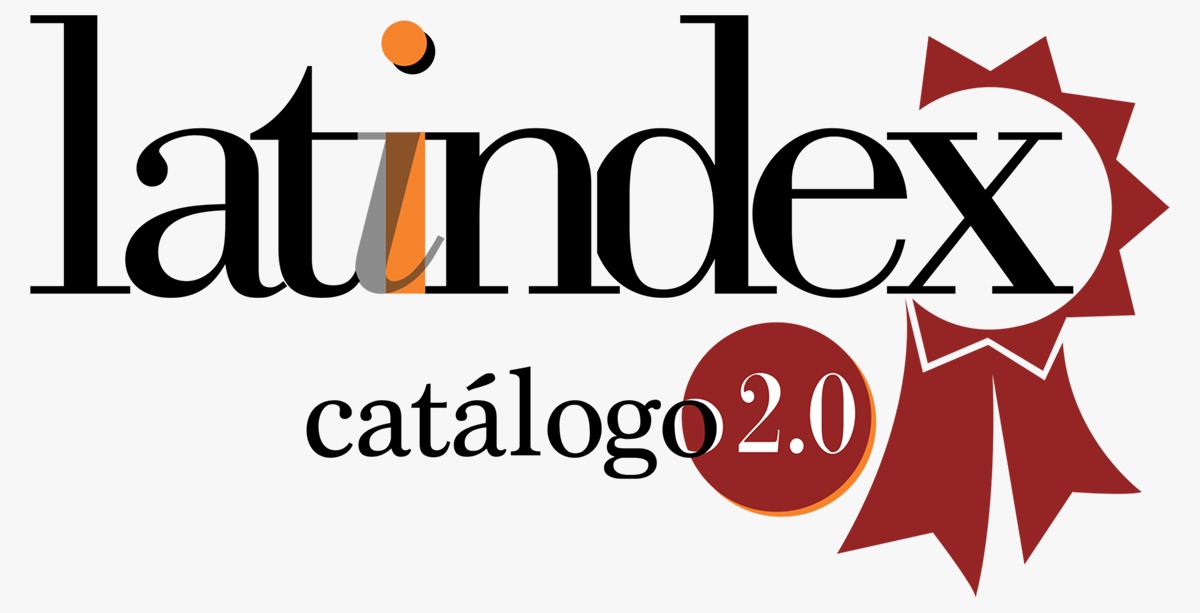Organizational climate and job satisfaction of the employees of the Educational Institution Victor Antonio Moreno Mosquera, 2018
DOI:
https://doi.org/10.47865/igob.vol3.2020.93Keywords:
organizational climate, job satisfaction, workers, institutionAbstract
The objective of scientific research on organizational climate and job satisfaction of the workers of the educational institution Víctor Antonio Moreno Mosquera is to determine if there is a relationship between both variables. It has a methodologically quantitative, cross-sectional and bivariate approach. the scope was descriptive correlational and the design used is non-experimental. The sample consisted of 98 workers from the Víctor Antonio Moreno Mosquera Educational Institution. To collect the data, the survey was used as a technique for both variables, the questionnaire was used as an instrument, which went through a validation and reliability process to then be applied to the teachers. The data processing was carried out with the SPSS software (version 23).
Once the analysis was carried out, it was obtained that Spearman's Rho coefficient, with a result of Rho = 0.775 **, being interpreted as a relationship between the variables, with a ? = 0.00 (p <0.05), with which the null hypothesis is rejected by Therefore, the results indicate that the organizational climate is significantly related to the job satisfaction of the workers of the Víctor Antonio Moreno Mosquera Educational Institution.
Downloads
Published
How to Cite
Issue
Section
License
Copyright (c) 2020 IGOBERNANZA

This work is licensed under a Creative Commons Attribution-NonCommercial-ShareAlike 4.0 International License.
Esta obra está bajo una licencia internacional Creative Commons Atribución-NoComercial-CompartirIgual 4.0.
















